‘Less impressive and less important’: Switzerland’s role as an intermediary in Iran

Will the death of President Ebrahim Raisi in a helicopter crash on May 19 change the course of Iran? Cyrus Schayegh, a professor of international history at the Geneva Graduate Institute, gives insights on Iran’s future foreign policy and says why Switzerland’s role as an intermediary in the region could fade.
Cyrus Schayegh, PhD (Columbia University, 2004), joined the Geneva Graduate Institute in 2017.
Previously, he was Associate Professor at Princeton University and Assistant Professor at the American University of Beirut (2005-2008). He specialises in global and Middle Eastern history.
Notable works include The Middle East and the Making of the Modern World (Harvard UP, 2017) and Globalizing the U.S. Presidency (Bloomsbury, 2020).
Check out our selection of newsletters. Subscribe here.
SWI swissinfo.ch: Ebrahim Raisi’s term was marked by mass protests against the religious order in place and several political crises. Will anything change in Iran following his death?
Cyrus Schayegh: There are two answers here, and they’re a little bit different from each other. Basically, the answer is no. The reason is that the president in Iran doesn’t really have the power to decide foreign policy. This as well as military policy is really made by the rahbar (guide), i.e. Ali Khamenei, as well as the people around him, including the members of the Supreme National Security Council and the leaders of the Iranian Revolutionary Guard Corps. I don’t think that Raisi’s death will really affect Iran’s policy in the short term.

The second part of the answer is yes, but perhaps in the midterm or longer term. This crisis, this disappearance, may create an opening for some to push through the ranks. It’s not clear what this could mean right now. These could be part of the younger generation of hardliners. But I have also read some analyses that say that it may make sense for Iran to open the political field a little, to save face in the elections that must take place within 50 days from the announcement of the president’s death. I’m going second that.
SWI: What will Iran look like in the next 50 days after Raisi?
C.S.: The Iranian regime will not change because of Raisi’s death as we just said. As such it is not yet clear how Khamenei will react to this crisis.
SWI: The model of Iranian democracy within which reformists have successfully collaborated with conservatives for power over the past 30 years has now ended. What are the internal political risks from the president’s death? Can we talk about a legitimacy crisis?
C.S.: Unless something very, very surprising happens, I don’t think there will be an uprising in the streets right away. Most people will use the coming election to signal their discontent by either simply not voting at all or writing into their ballot the name of somebody who was not allowed to run.
Of course, the regime around Khamenei will very likely try to manipulate the election so that this will not show in the official results.
SWI: Can any significant changes be expected to Iran’s foreign policy towards Russia, Israel and the United States?
C.S.: I don’t think there will be any major change here either.
Since 2022 there has been a tighter relationship with Russia, which is an opportunistic move by both Iran and Russia.

This relationship is important diplomatically, militarily and partly economically. The economic relationship with China is equally important. This takes the form of Iranian oil exports to China as well as massive Chinese financial and economic investments in Iran.
All this will not change – neither will Iran’s relationship with Israel and with the United States.

More
Iran-Israel tensions: Switzerland’s role as an intermediary is shrinking
SWI: In other words, Iran has a long way to go not only to establish contacts with the American administration but also to ensure that the situation in the Middle East does not escalate as in April when Iran attacked Israel?
C.S.: Iran’s Middle East policy, including its stance and influence in Iraq, Syria and Lebanon, looks and is aggressive but at the same time serves the end of defending. It needs to be understood as part of a larger system with multiple actors.
Thus, structurally speaking, Israel, which is in a zero-sum game with Iran, is similarly aggressive with an eye to defending its interests.
Also, the rules of the Iranian-Israeli game have changed but are now unclear after Iran’s unexpectedly forceful reaction to Israel’s attack on its embassy complex in Damascus in April. That is, Tehran, to maximise deterrence, has on purpose not clarified to which exact type of future Israeli attack it would again react by directly attacking Israel.

SWI: Will the relationship between Switzerland and Iran change?
C.S.: Switzerland’s relationship to Iran is not going to drastically change. Compared to the situation some 20 or 30 years ago, Switzerland is less important as an intermediary between the United States and Iran.
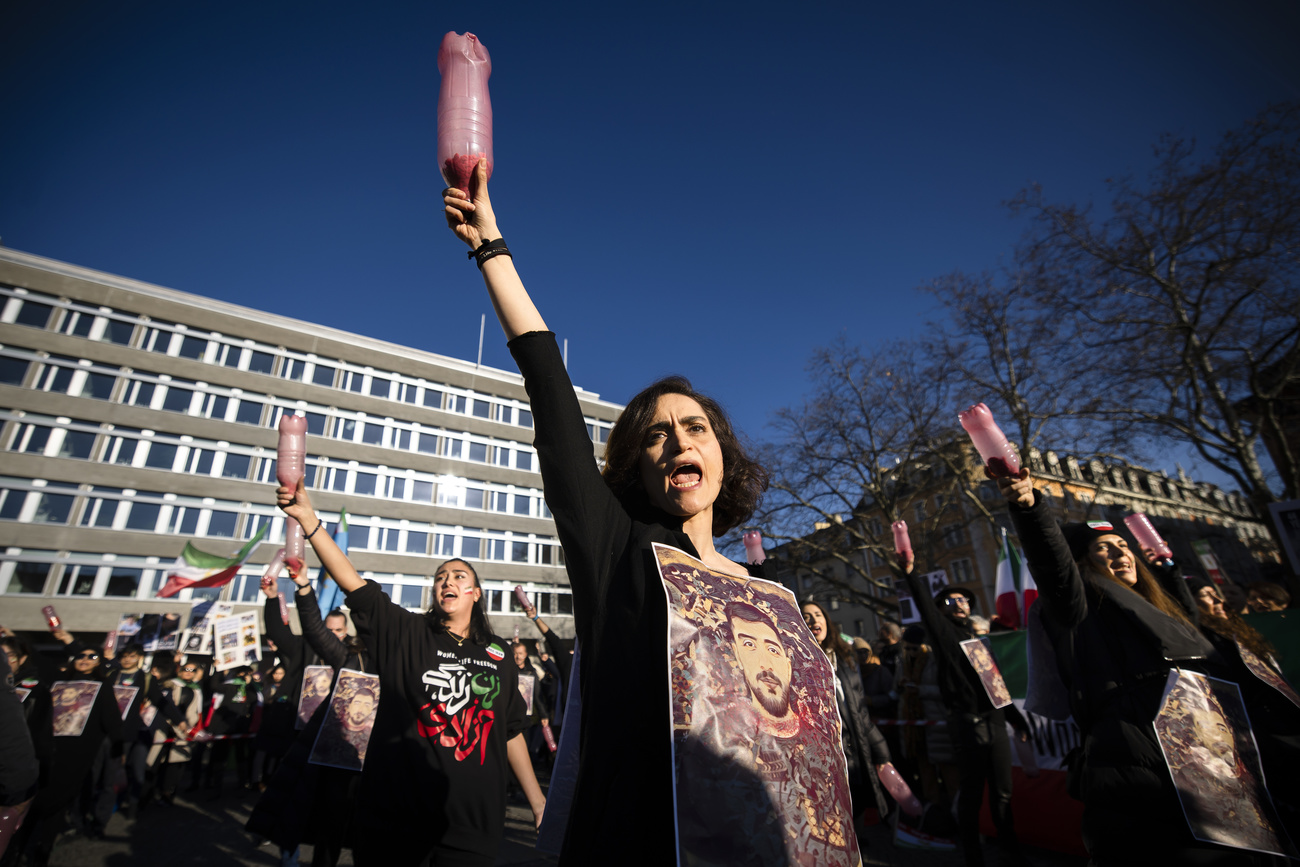
More
Swiss government under pressure to toughen stance on Iran
They are simply too many other powers, including Oman, Qatar and Turkey, who are situated in the region itself and have an ingrained interest in fulfilling intermediary functions.
That role as an intermediary will not see a major revival. It will either stay the way it is, which is less impressive and less important than it used to be, or perhaps even decline.
Perhaps precisely because Western Europe is becoming less important to the Iranian regime, Iran may have a particular interest in keeping Switzerland on board. But this is unclear.

SWI: Are Iran and the US continuing contacts on lifting sanctions, as reported by Iran’s Ministry of Foreign Affairs?
C.S.: Their relationship will not change. Both sides are aware that a confrontation can spiral out of control.
Neither side has a real interest in this. A direct sustained American attack on Iran would further weaken a regime that already suffers from low popular support.
On their end, the Americans simply can’t afford to enter into a direct armed confrontation with Iran. They are of course militarily much stronger than Iran. But you never know how to get out of a war once you’ve entered one.
This is not something the Americans would want to do now. The question is whether US-led Western sanctions in place can be lifted, though I really don’t think that this is of major importance to Iran now.
After [former US President Donald] Trump took the US out of the nuclear deal, Iran made a strategic pivot to the east, meaning a much stronger relationship with China, with Russia and with some other countries, principally in Asia, but also in Africa.
SWI: So would the only hope for change be after the departure of 85-year-old Khamenei? What might the power transition look like? The last one was in 1989. Would the transition be similar and present new faces, new spiritual leaders to the population?
C.S.: It is still unclear who would replace Khamenei. We have reason to believe it might be his son, Mojtaba Khamenei. But it is also possible that it will be somebody else; it may be a bit too much of a monarchist move to anoint the son of the present rahbar as the new rahbar. What we can say is that no reform-minded cleric could become the next rahbar.
But just as important, I think, is the question of who will play a key role in determining who will become the next rahbar and how that person will influence him and his politics? I think it’s probably a fair guess to say that within the Iranian Revolutionary Guard court there are people making sure the next leader will be somebody with whom they can work and who will accept and help protect their ideological and material interests in Iran.
Edited by Virginie Mangin/ts
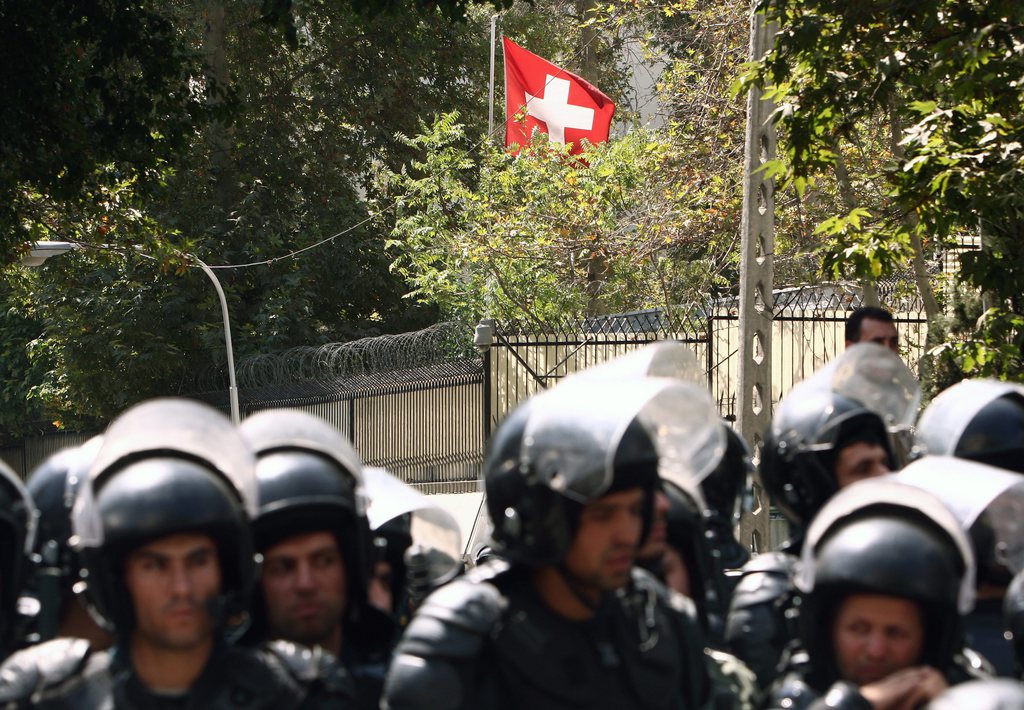
More
‘Good officer’ looks back on Tehran role
Our weekly newsletter on foreign affairs
Switzerland in a fast-moving world. Join us to follow the latest Swiss foreign policy developments. We offer the perfect immersive package.

In compliance with the JTI standards
More: SWI swissinfo.ch certified by the Journalism Trust Initiative
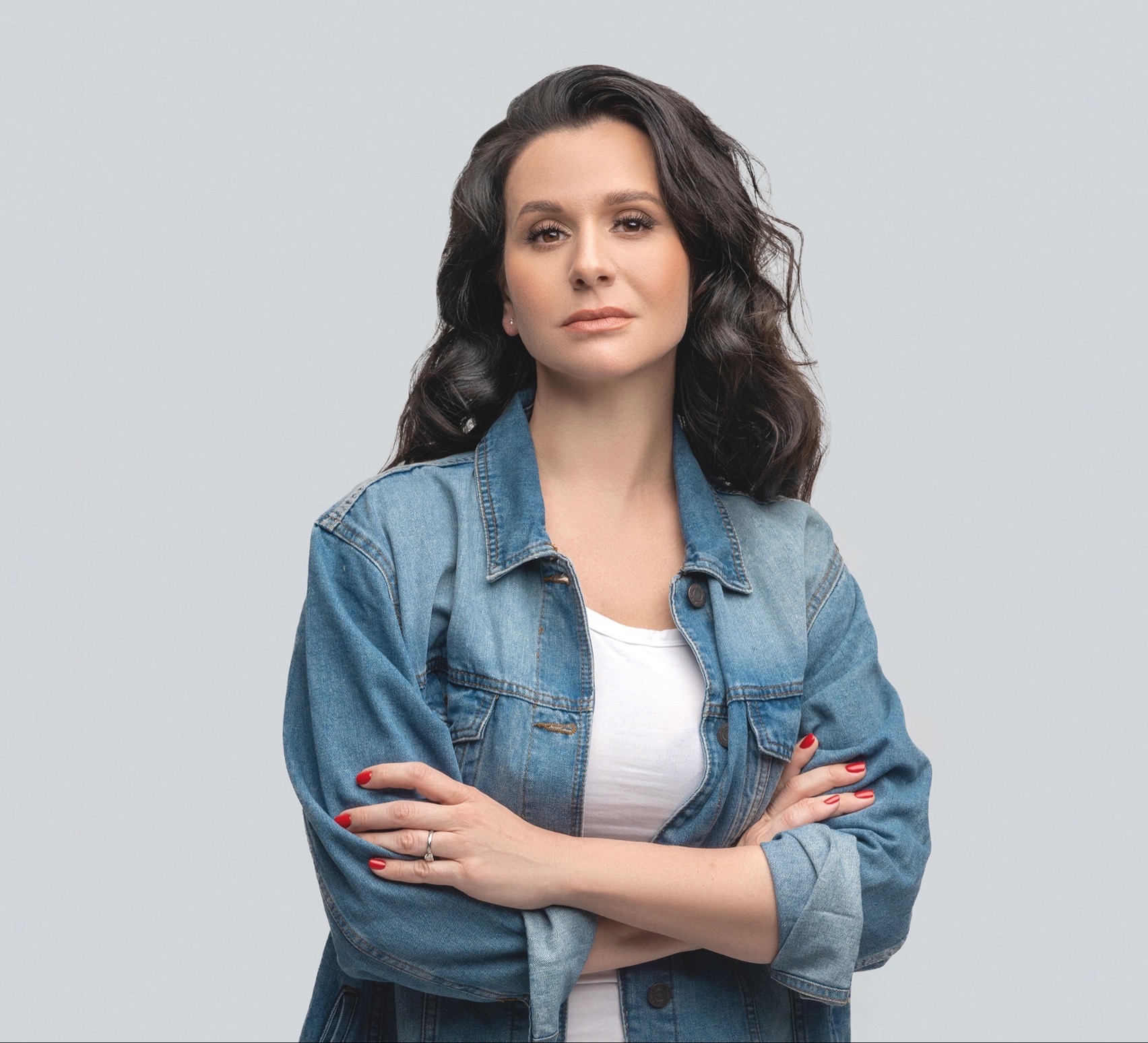



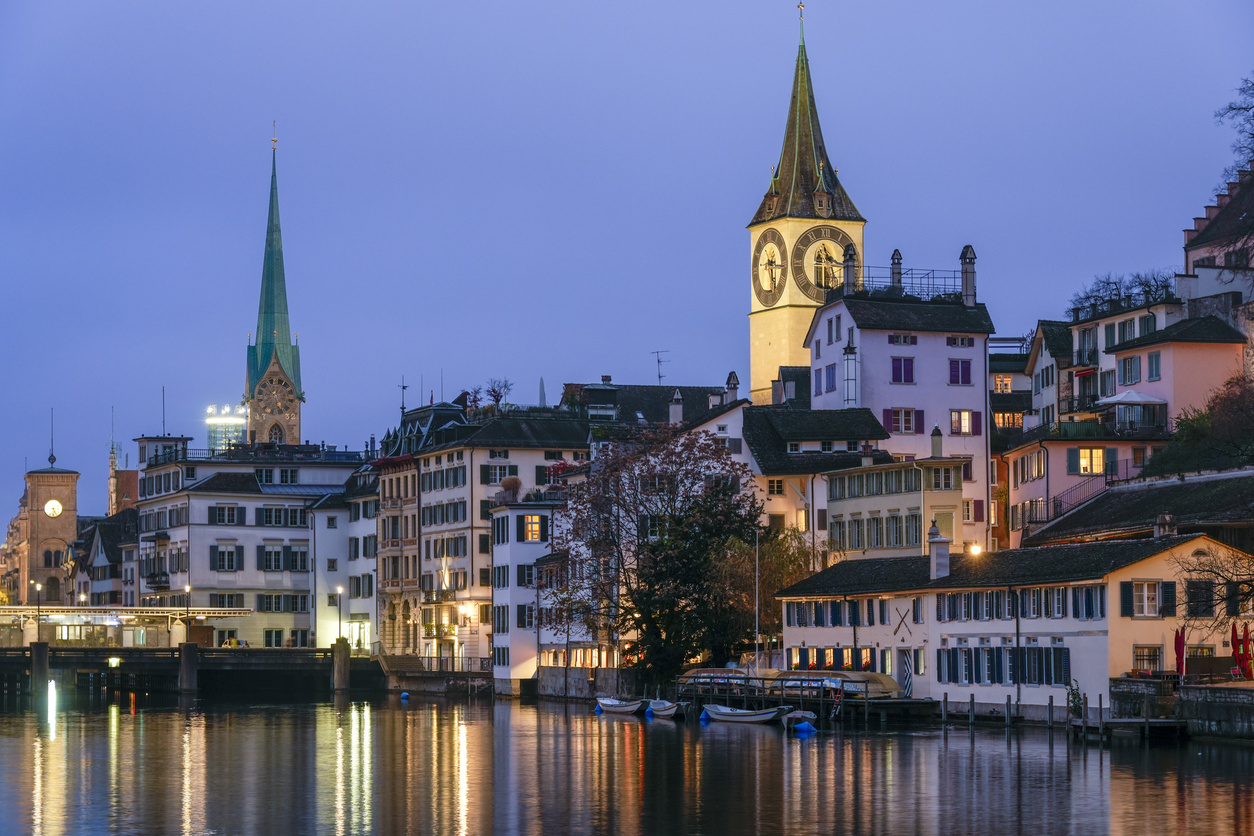




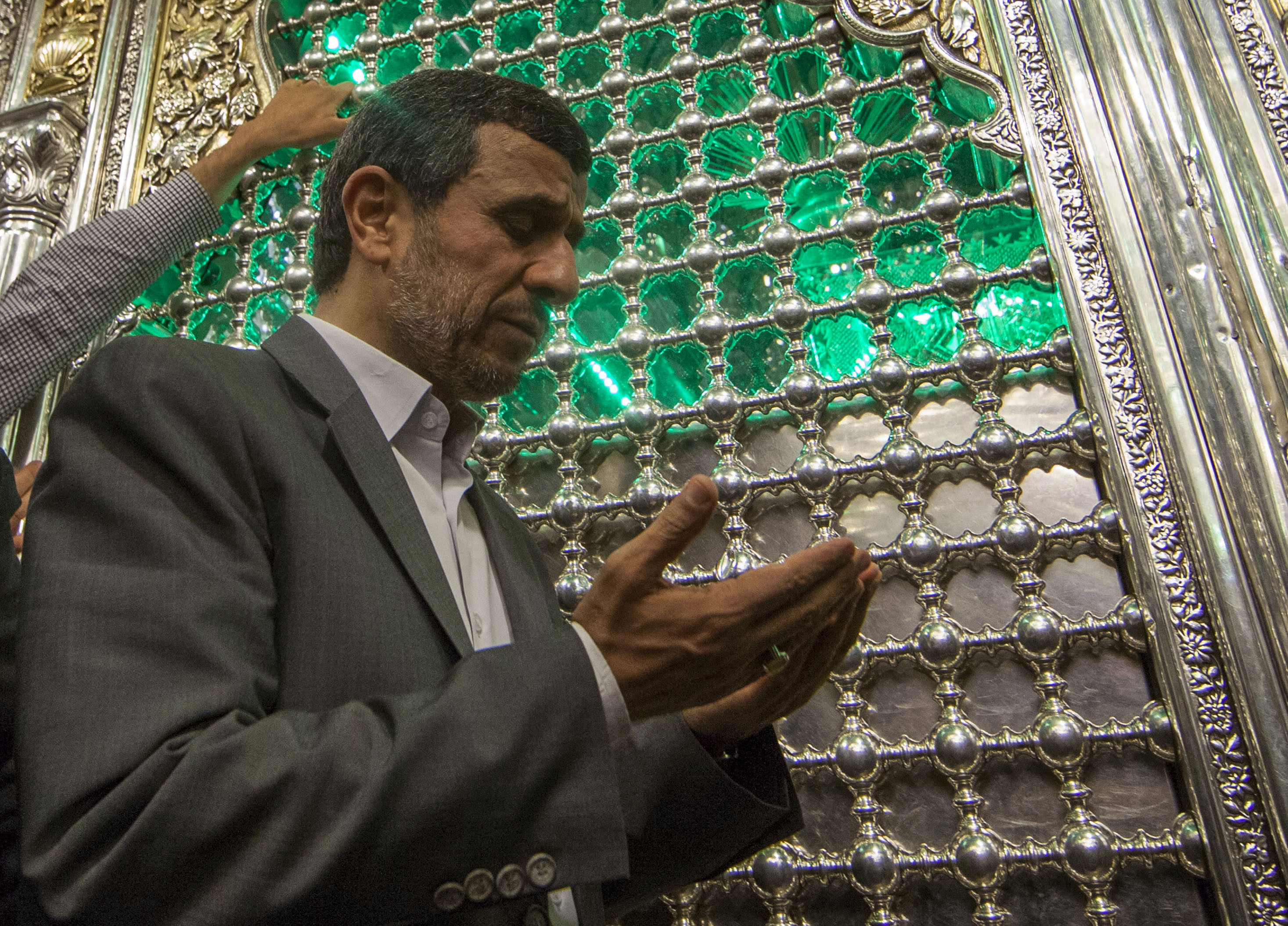
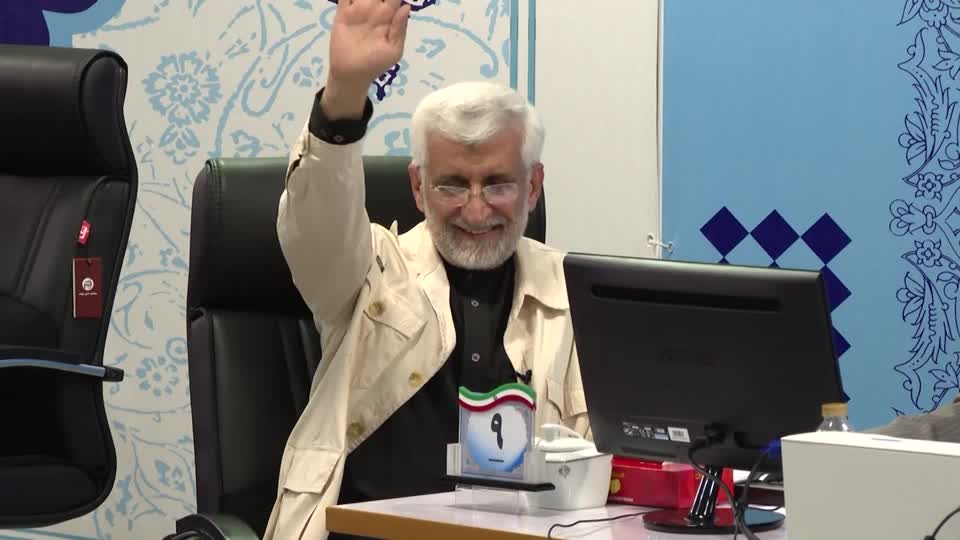


You can find an overview of ongoing debates with our journalists here . Please join us!
If you want to start a conversation about a topic raised in this article or want to report factual errors, email us at english@swissinfo.ch.